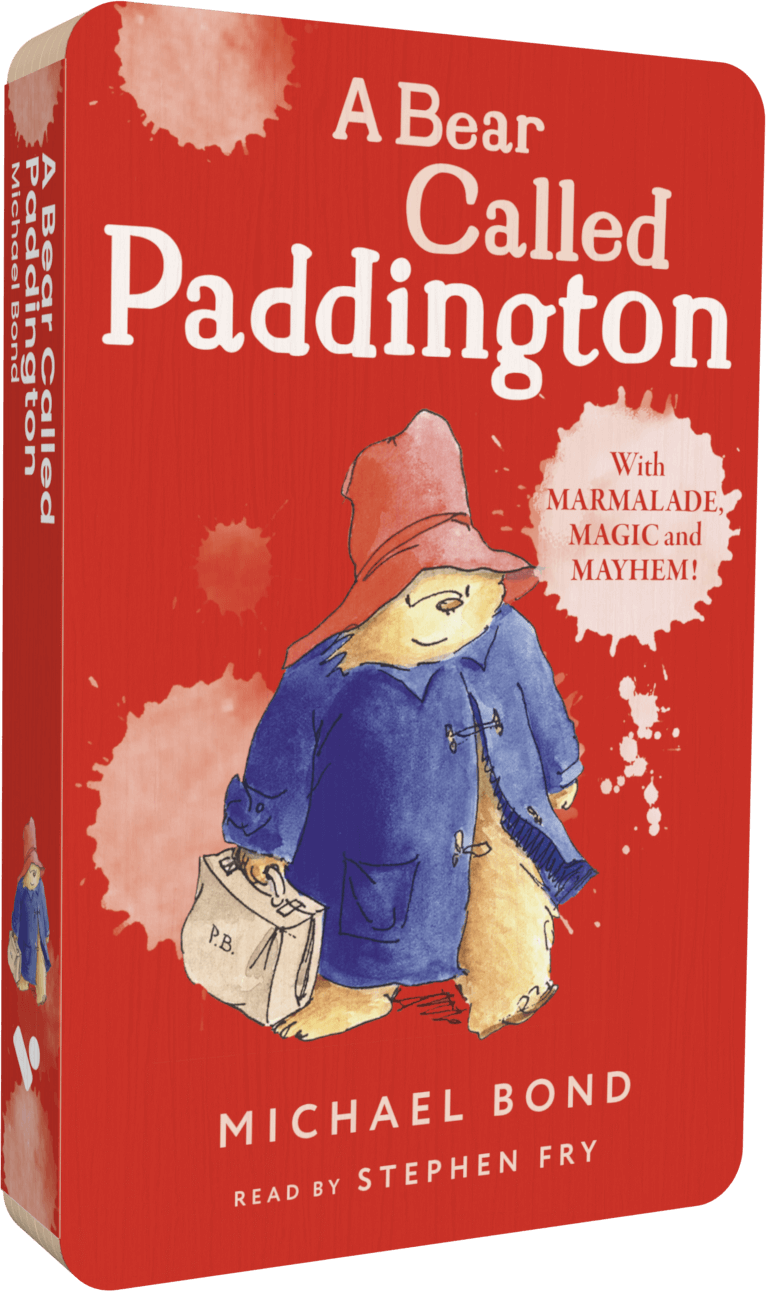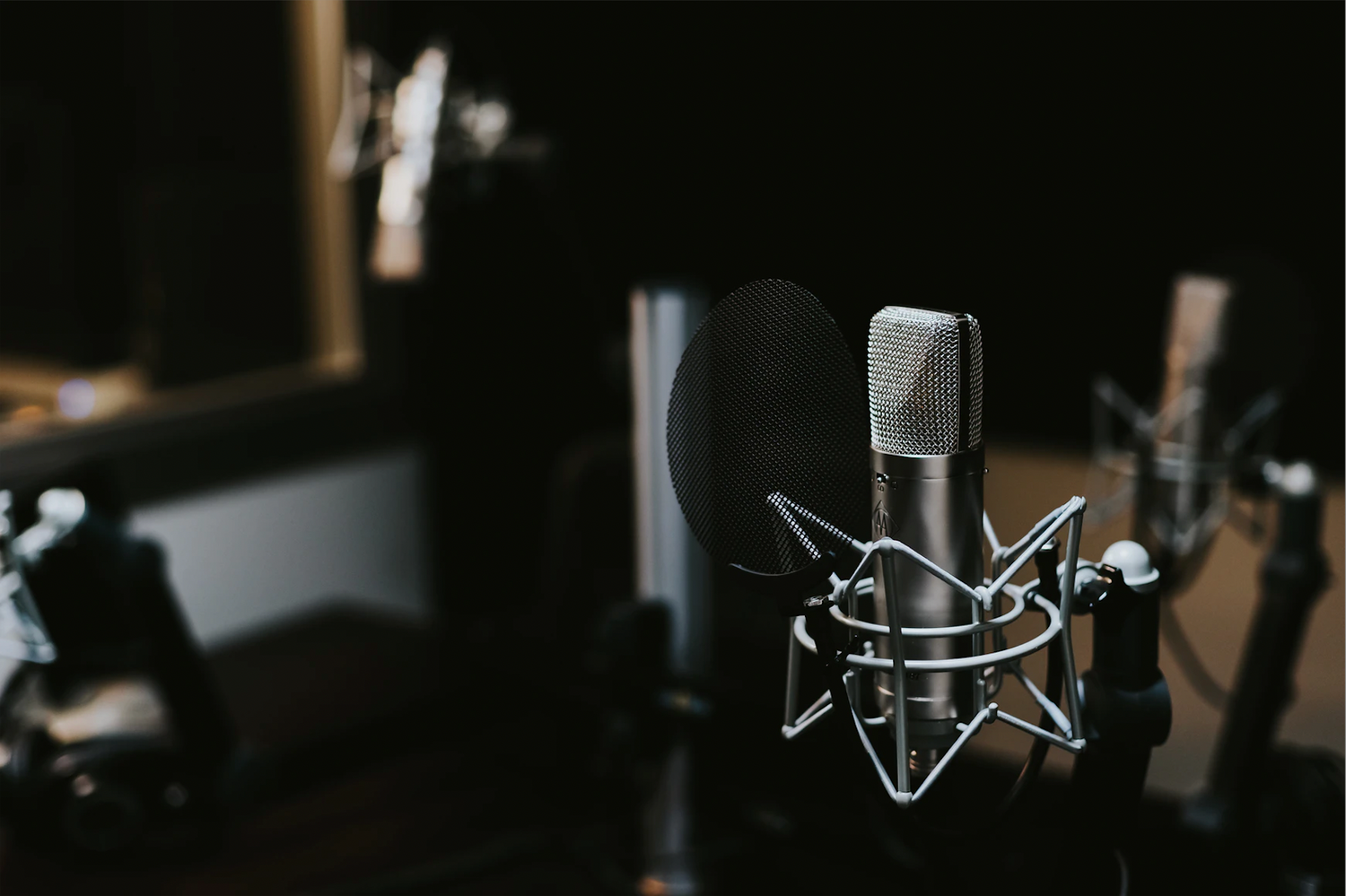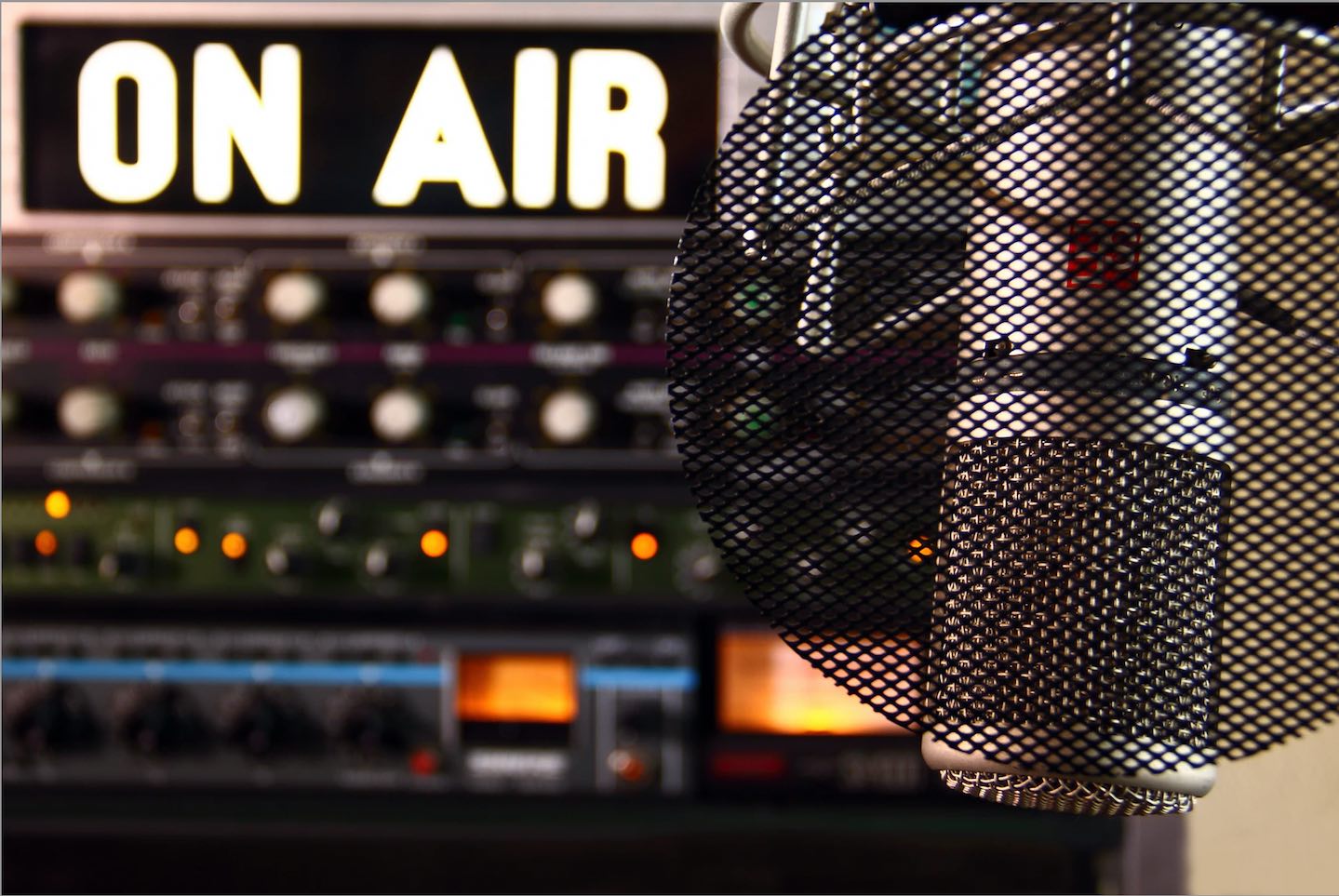A good audiobook narrator is often anonymous. They are unlikely to be a household name, in fact, you probably wouldn’t recognise even your favourite narrator if they passed you in the supermarket. But the skill that it takes to be a good narrator is not to be underestimated.
Is narrating acting?
Audiobook narration is not just reading; it’s performing. But there are crucial differences between auditory and visual acting. When narrating an audiobook, gestures aren’t important - in fact it’s better to stay as still as possible, to avoid creating extraneous noise. Volume is another key consideration - no projection is required when you’re right next to the microphone, and post-production ensures consistent volume throughout the recording (you can read more about that process here).
While first person narration is not dissimilar to some performances on stage or screen - a soliloquy or one-person play is an obvious comparison - third person narration is an entirely different skill altogether, requiring a unique combination of acting and storytelling. But perhaps the biggest difference between audio and screen acting, is that there is little scope for mistakes. Audiobook narrators are paid per finished hour of content, so it is in their interests to record the book as quickly as possible. This results in a much lower number of takes than when recording a TV show or a movie.

How narrators juggle different characters
A vital part of audiobook narration is being able to differentiate between many different characters. Even minor characters need to be distinct so that the listener doesn’t get confused, and with lengthier novels, this can get tricky. Narrators all have different techniques for managing this; some will record snippets of each character’s voice to refer to later, some might colour code their scripts. The master of managing audiobook voices is Roy Dotrice, who holds the Guinness World Record for the most voices by a single person, for his reading of George R.R. Martin’s A Song of Ice and Fire (which featured 224 different voices).
With one actor voicing potentially hundreds of different characters, it’s inevitable that questions of representation on stereotyping will arise. Different producers and narrators address this in different ways, but the industry is increasingly aware of the issues at play, and it’s more common than ever before for narrators to turn down roles that they don’t feel are right for them, or to consult sensitivity readers and other experts. The growing budgets available in the audio industry make this much easier to handle than in previous years.
Celebrity narrators
With the growing popularity of audiobooks, celebrity narrators are more and more common. Sometimes, the choice of a celebrity voice is intended to link the audiobook with other mediums in the minds of consumers; for example Elizabeth Moss narrating The Handmaid’s Tale. Audible have taken this approach in their bid to interest new listeners in their classics range, by pairing famous voices with classic books. This can attract brand new listeners to the audiobook genre, but it doesn’t always pay off. After all, the skills required are very different from screen acting.
Conclusion
Audiobook narration is a highly skilled profession, and as audiobook audiences increase, one that more and more people are exposed to. A good narrator can make or break an audiobook, and some of the best narrators become inseparable from the most famous recordings. After all, who can imagine Harry Potter without Stephen Fry?
Sources:
'Your throat hurts. Your brain hurts': the secret life of the audiobook star
“I Probably Modeled Him on Something I’d Heard on The Wire”






